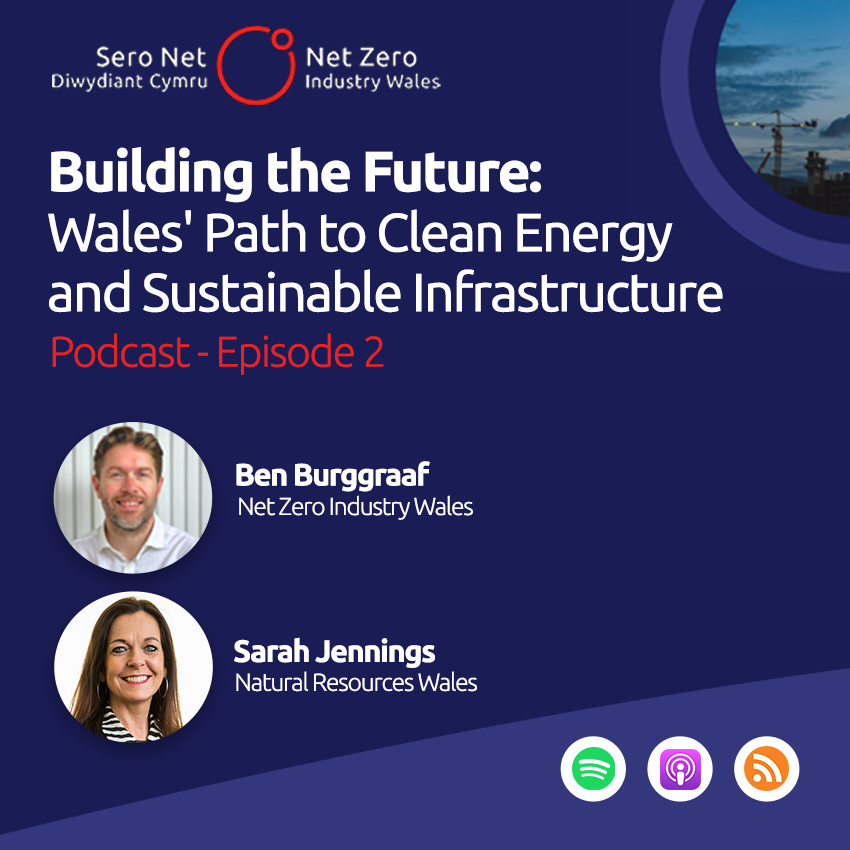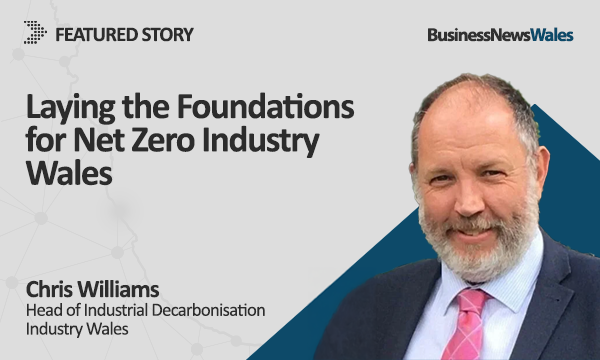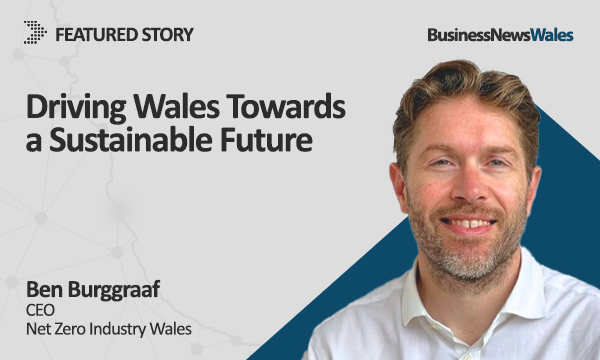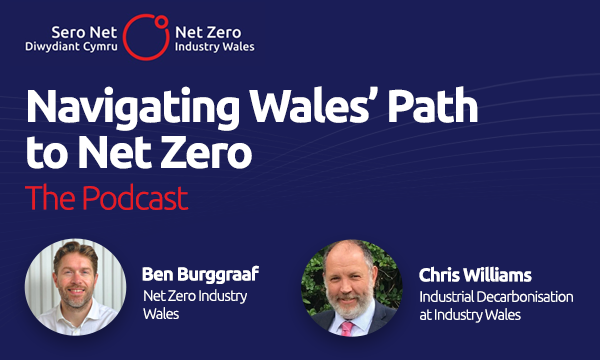
GUEST COLUMN:
Ben Burggraaf
CEO
Net Zero Industry Wales
Decarbonisation is one of the most complex and pressing challenges of our time; there is no one-size-fits-all solution.
The journey to net zero is multifaceted, requiring a combination of innovative technologies, strategic investments, and policy support. In Wales, significant progress has been made over the past few years, particularly through the work of the South Wales Industrial Cluster (SWIC) and the North East Wales Industrial Decarbonisation Cluster (NEWID). These clusters represent a collective effort by industries responsible for nearly 50% of Wales’ total carbon emissions to develop and implement pathways toward net zero by 2050.
The key technologies that can help us to decarbonise are also varied and complex. I would like to explain some of them here.
One key solution is carbon capture and storage (CCS), a process in which carbon emissions are captured directly from industrial processes and stored permanently in naturally occurring depleted gas fields. This method essentially reverses the natural gas extraction process by reinjecting CO₂ into underground reserves.
This process goes hand in hand with carbon capture utilisation (the two are often abbreviated together as CCUS), which goes a step further by turning captured carbon into useful products. CO₂ can be converted into sustainable aviation fuels or platform chemicals, creating a circular process where waste becomes a valuable resource.
Energy and resource efficiency is also a critical component of the decarbonisation strategy. Industrial energy managers across the UK work daily to maximise manufacturing processes' efficiency, ensuring that energy and resources are used as effectively as possible. This is often seen as the ‘low-hanging fruit’ of decarbonisation, improving efficiency to reduce both emissions and operational costs simultaneously.
Another major pathway is fuel switching, which involves transitioning from natural gas to cleaner alternatives like hydrogen or electricity. Hydrogen in particular holds significant potential as a clean fuel source for heavy industry and industrial processes. However, the infrastructure and production capacity needed to make hydrogen a viable alternative requires substantial investment.
Investment is a crucial factor in making these decarbonisation projects a reality. Large-scale industrial projects often depend on significant capital expenditure (CAPEX) and long-term revenue support mechanisms. For example, the UK government recently announced a £500 million grant for Tata Steel, which will help to unlock a £1.2 billion investment in its Port Talbot steelworks. This kind of financial backing enables companies to make bold investments in cleaner technology and infrastructure.
These types of funding decisions are typically reserved matters i.e., they are decided by the UK Government and HM Treasury. However, while the Welsh Government has limited control over these decisions, it can still play an influential role by creating a supportive environment for investment.
For Wales to meet its renewable energy and industrial decarbonisation targets, the scale of investment required is enormous — likely in the range of £500 million to £750 million per year.
One key area where Wales can have a significant impact here is in streamlining the planning and consenting process.
Every one of these clean energy projects will require planning permission and regulatory approval before moving to financial investment decisions. Therefore, a smooth and predictable planning process is essential to attract the scale of private and public investment needed to meet these ambitious targets.
It's important to remember that decarbonisation is not just a technological challenge; it’s an economic and policy challenge as well. Success will depend on close collaboration between industry, government, and financial institutions. By combining technological innovation with strategic investment and streamlined regulation, Wales has a real opportunity to lead the way.
The pathway is complex, but with the right support and leadership, it’s a path that Wales can successfully navigate.












